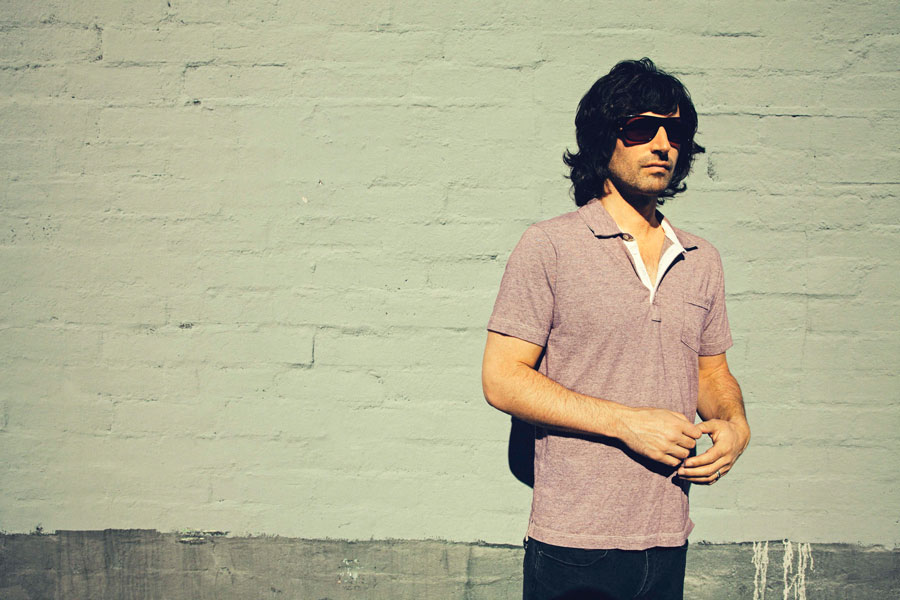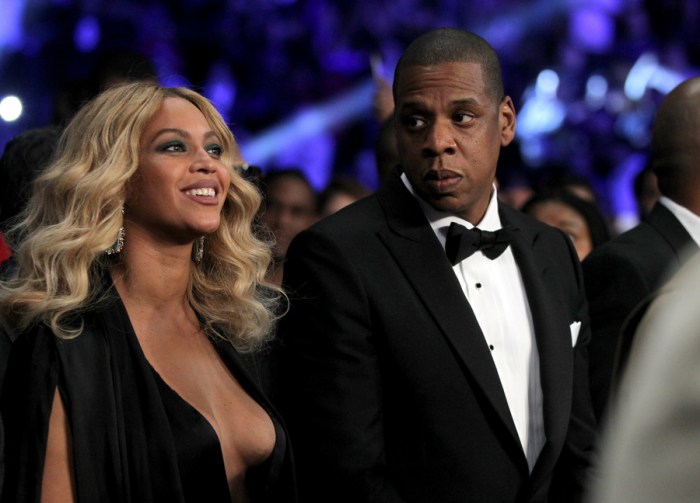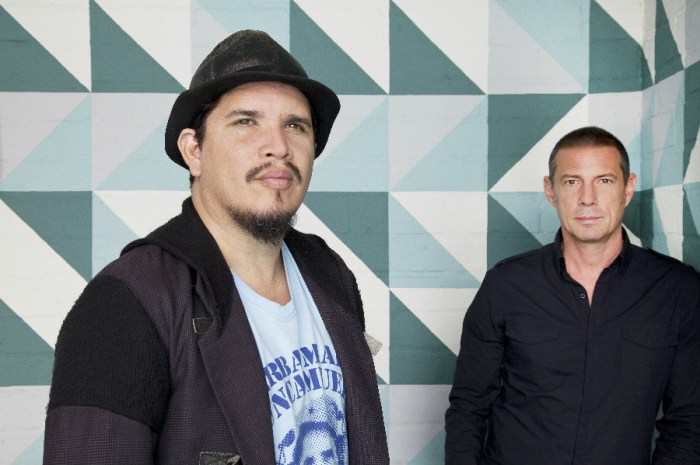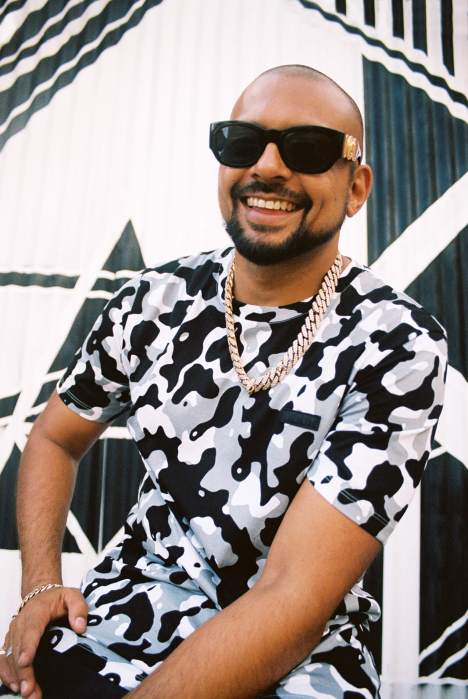It’s been six years since singer-songwriter Pete Yorn released a solo record, and ten years since the multi-instrumentalist decided to forego a studio band and handle the heavy-lifting himself.
While Yorn’s tackled other projects in between, he tells us he felt called back to explore the methods that informed his earlier albums. His sixth full-length album, “Arranging Time,” comes out March 11 from Capitol Records. Yorn, who kicks the U.S. leg of his tour in New York on March 15, chats with us about his new album, looking backwards and staying present.
I think I just had some music in me that needed to get out, you know? At the end of the day, that’s what I do. I was involved in music during that period, like with my other band The Olms, and I was definitely exploring stuff, but at some point I just felt like I wanted to make a solo record and play mostly by myself. It’s just a natural cycle that kinda comes around. I hadn’t done it in a few records and it just felt like, yeah I kinda want to do this again. I was like 25 when I made the first record, and I had my experiences up to that point as a person. I haven’t changed so much what I think I am writing about, I think tons of people write about love, loss, regret, anxiety, guilt, desire and all that s—t goes into my songs. And I’m always kind of examining that as a human being: examining it in myself, people around me, popular culture, movies anything I see. Now I’m able to approach songwriting and that process with a new set of eyes. That’s what it’s all about. Every song’s different, but typically I’ll only have about 80-percent of the song written [when I record], because I know there will be some weird stuff that happens in the studio you can’t account for and that will take you somewhere you didn’t even expect — I would hate to close myself off to the magic that happens. So yeah, we set up a situation in all of these studios: there’s a guitar station there’s a keyboard station there’s drum station and a drum machine station. And I just around and can follow along where the song takes me. I think it’s where I approach every day from. I’m approaching my life that way, my interactions with people that way, and therefore, when I go in the studio I need to approach it that way as well. For me, when I think about the characters in each song, some are dealing with feelings of longing for the past, there are some who are focused on the future and others sitting zen-like in the middle, taking it all in. I think I always try to think about all those perspectives when I write. It’s just kind of what I’m into, I guess. If I wasn’t doing this, I’d probably be something like a psychologist.
What makes you say that?
I’m into the mind, and perceptions, and the ways people perceive each other and perceive moments, and how people arrange their time — how much of their day is just spent trying to get into the next moment? If you go: Philadelphia Boston
What inspired you to hop back into the recording studio?
You released the first album’s first single “Summer Was a Day” back in November, and on Facebook you wrote that working with [producer] R. Walt Vincent again was like “creating fresh new material that felt like a furthering of a conversation we had started back in 2001.” I know a lot of your music deals with personal growth and change; this album in particular is about time changing quickly. What kind of conversation were you having when you made your first record, and how is that conversation different 15 years later?
I do want to be clear: going back to work with Walt Vincent and all that — I know a lot of my fans know him from [2001 debut album] Musicforthemorningafter — but I wasn’t trying to make a record like that. Really, the reason is that I wanted to play with myself, bouncing around in the studio, and Walt is a great partner for that. There are other producers on the record as well, but I just kind of picked fun partners I worked with before who would be fun to do that style of recording with. It’s about the approach, not the sound.
How much spontaneity is involved in the studio when you’re recording like this?
You’ve said that the title of the album is “a reminder to be present” and that the album itself is a contemplation on the past and “how much of it is a blur.” What made you want to explore those themes in this album?
New York
March 13 at 7 p.m.
Irving Plaza
17 Irving Pl.
212-777-6800 www.irvingplaza.com
March 17 at 7 p.m.
Theatre of the Living Arts
334 South St.
215-922-1011 lnphilly.com
March 20 at 7 p.m.
Royale
279 Tremont St.
617-338-7699 Royaleboston.com
Pete Yorn could have been a psychologist

Jim Wright


















